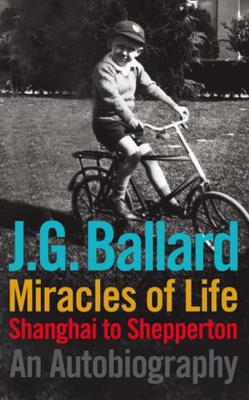books
Books like Empire of the Sun and the Kindness of Women
Empire of the Sun and the Kindness of Women
I read this novel years ago and also saw Steven Spielberg's movie adaptation, but I had forgotten how engaging it actually is. Based loosely on J.G. Ballard's personal experience in war-torn Shanghai, "Empire of the Sun" has as its central character Jim, a young British boy who finds himself virtually on his own after his parents disappear when Japan closes its noose around the international concessions. After a series of adventures moving about Shanghai in search of his parents or other acquaintances, Jim eventually is interred in the Lunghua prison camp, where he spends the remainder of the war. He is astoundingly resourceful and deals cleverly with a caste of characters that ranges from war profiteers to Japanese camp guards to other prisoners from a variety of European countries. What gives the novel particular interest is how successfully Ballard is able to enter a boy's imagination and see the war through his eyes. Jim, quite taken by Japanese discipline and order, wants to become a Japanese pilot himself, and is initially both confident and happy that the Japanese will eventually win the war. Moreover, he learns very quickly that the key to survival is making himself useful to as many other prisoners as he possibly can. Since he grows up in a time of war, he sees war as normal, less frightening than the chaos of Shanghai into which he is thrown after the conflict is over. To him the prison camp, for all its starvation and death, is at least a predictable world that he can to some degree can control, and so he wonders when the next war will begin so he can return to that security of the camp. This has been called Ballard's most conventional novel, which may indeed be so, but it is filled with surrealistic moments--the flash of the atomic bomb "seen" in the far-off Shanghai olympic stadium, where prisoners hover between life and death, ice falling from the skies, and strange characters wandering the countryside more like projections from a nightmare than reality. I've read several of Ballard's dystopian novels and have never quite known where should be placed in the pantheon of 20th century British writers, or if he even belongs in that pantheon at all. Judging from this novel alone, I would not only push him through the door but place him among the higher ranks.

Filter by:
Cross-category suggestions
Filter by:
Filter by:
Filter by:
Filter by:
Filter by:
Filter by:
Filter by:
Filter by: